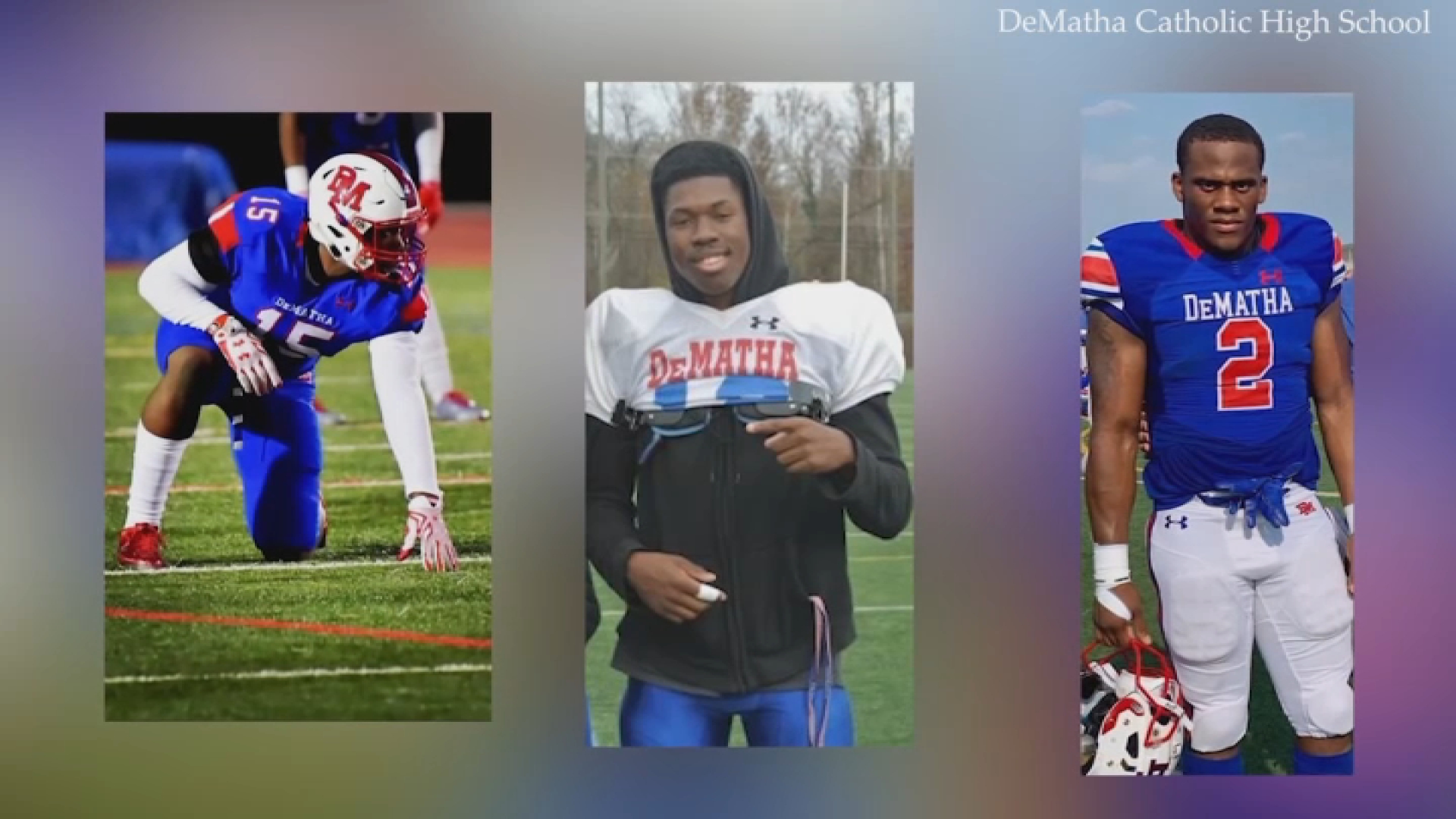When Ja Neer Davis was 16 years old, she was kicked out of her foster home.
"My adopted mother did not approve of me being transgender," Davis says.
She bought a one-way ticket to L.A., started modeling, got married and eventually settled in D.C. But last year, her marriage unraveled.
"When I decided to leave, I didn’t have nowhere to go," she says.
With no family, no money, "nowhere to go," Davis turned to the streets. She was homeless from November to December. She hid this fact from people. She avoided the shelters.
"Instead of me sleeping in the park, I would rather just walk around until the sun came up basically," she says.
The breaking point came last year, right around Thanksgiving.
Local
Washington, D.C., Maryland and Virginia local news, events and information
"I was walking around and basically during the holiday time and I would see people and their families bonding, walking around, picking up the Christmas trees and stuff like that and I looked at myself and I am like, 'I don’t have nobody,'" she says.
She reached out to friends. Someone put her in touch with the Wanda Alton house, a transitional home named after a celebrated LGBT activist who died several years ago.
The three-story red-brick home sits on a quiet side street in Northeast D.C.
Lenore Pierce works as a housing monitor at Wanda Alston. The house is funded by the city and run by the non-profit group Transgender Health Empowerment. She says the premise of the place is simple:
“A roof over their head, aplace to sleep, a place to eat," Pierce says. "Most importantly, they are accepted here."
The rules are clear: To stay, you have to have a job or be in school. There are therapy sessions: one-on-one counseling, and help for substance abuse issues.
Trevor Smith is 19.
When his grandmother passed away last year, he tried staying at a boyfriend’s house, but the relationship ended after a few months and Smith had nowhere to go. He remembers his first night at Wanda Alston.
“I just took a shower and went to sleep," Smith says.
Smith is now in college at the University of the District of Columbia studying "mortuary" science. Dead bodies, he says with a laugh, don't bother him.
"I think they’re interesting. They don’t talk so that’s a good thing," he says.
The same, he jokes, cannot be said for his roommates.
"You have your fights, your good days, your bad days," Smith says. "Like the cast of the Real World, they cast a group of people and just smack em in a house.”
Pierce says the diversity adds to the house.
“One may be a make up artist. One may be a hair stylist. One may be into dancing and they put it all together and its like 'OK, everyone got something important.'”
She says finding one’s identity--and being proud of it--is what the Wanda Alston house is all about.
“Stand for something you believe in and that’s being the gay male or the transgender person you are," Pierce says.
Since moving to Wanda Alston, Ja Neer Davis says her life has turned around. She’s studying to become a make-up artist and has begun volunteering. She helps feed neglected seniors. She works with HIV positive teenagers and is now certified to administer HIV tests.
“I know when I was growing up, I wasn’t happy. I didn’t have the things that certain people do now," Davis says. "It would be nice to see a person smile.”
She says living in the house has given her invaluable things she never had experienced growing up. Like support. Family. A sense of belonging, and being accepted, for who she is.
Listen to the complete story at wamu.org
Copyright 2010 WAMU 88.5 - American University Radio. All Rights Reserved.



